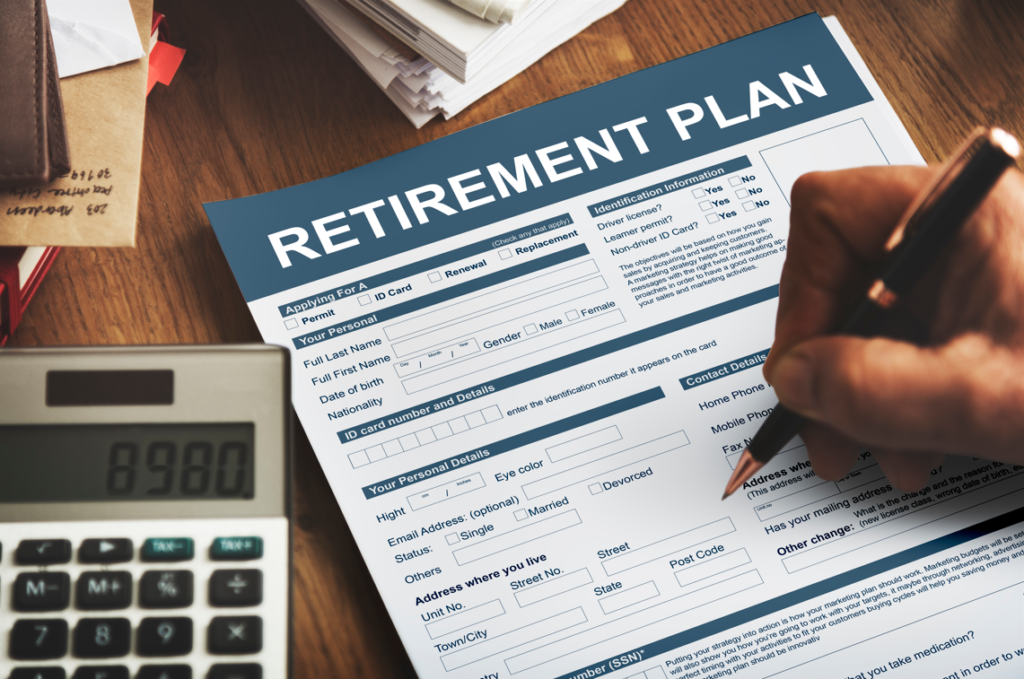In this day and age, it’s important to be aware of the potential to get scammed. With online scams on the rise during COVID19, here are a few tips to protect yourself online.
What is an internet scam?
An internet scam is when someone uses the web to cheat an individual or organisation out of their money or personal information. Sometimes scams involve the perpetrator loading malicious software, known as ‘malware’ onto their victim’s computer. Scammers’ techniques are becoming more sophisticated every day, with the most successful scams often targeting vulnerable groups by posing as organisations of authority such as banks, insurance or superannuation companies.
What are insurance-related scams?
- Phishing: This is when a scammer pretends to be from a trusted organisation in an attempt to access the victim’s personal information, gain access to their computer or steal money. Phishing can be difficult to spot, often taking the form of texts or emails and can steal the branding from your own bank, insurer or super-fund.
- Insurance agent fraud: It’s not uncommon for scammers to pretend to be insurance agents offering you new products or claiming to be adjusting your cover in a bid to access your personal information. Remember that if it sounds too good to be true, it probably is.
- Insurance fraud: Sometimes scammers make phone calls or send emails claiming that you were in an accident and asking for your details to complete an insurance claim. As realistic as these can seem, be very careful as they may be trying to steal information or money.
How to protect yourself against internet scammers
- Act with caution: Do not open attachments or click on links in suspicious emails and remember that banks and insurance companies will never ask for your personal information over text or email. If you’re not sure that an email is real, hover over any URLs before clicking on them. This will show you the address you’re going to be directed to – a scam email will often show an unusual and unexpected URL. Remember that if you’re not sure then it’s better not to click.
- Keep your devices secure: Create strong passwords for your phone, computer, social media and email accounts. These should be difficult to guess, and not the names of pets or family members.
- Report scams: If you are the victim of an internet scam – or think you have spotted one in action – you can report it to the Australian Competition and Consumer Commission.
- Check with your real provider: If you receive suspicious communication claiming to be from one of your providers, give your provider a direct call to check if it was them. Chances are it will be a scam.
I hope you found this guide useful. If you are concerned that your finances have been impacted due to a scam, or would just like to review your finances, please get in touch.
Any advice is general in nature only and has been prepared without considering your needs, objectives or financial situation. Before acting on it you should consider its appropriateness for you, having regard to those factors. 




